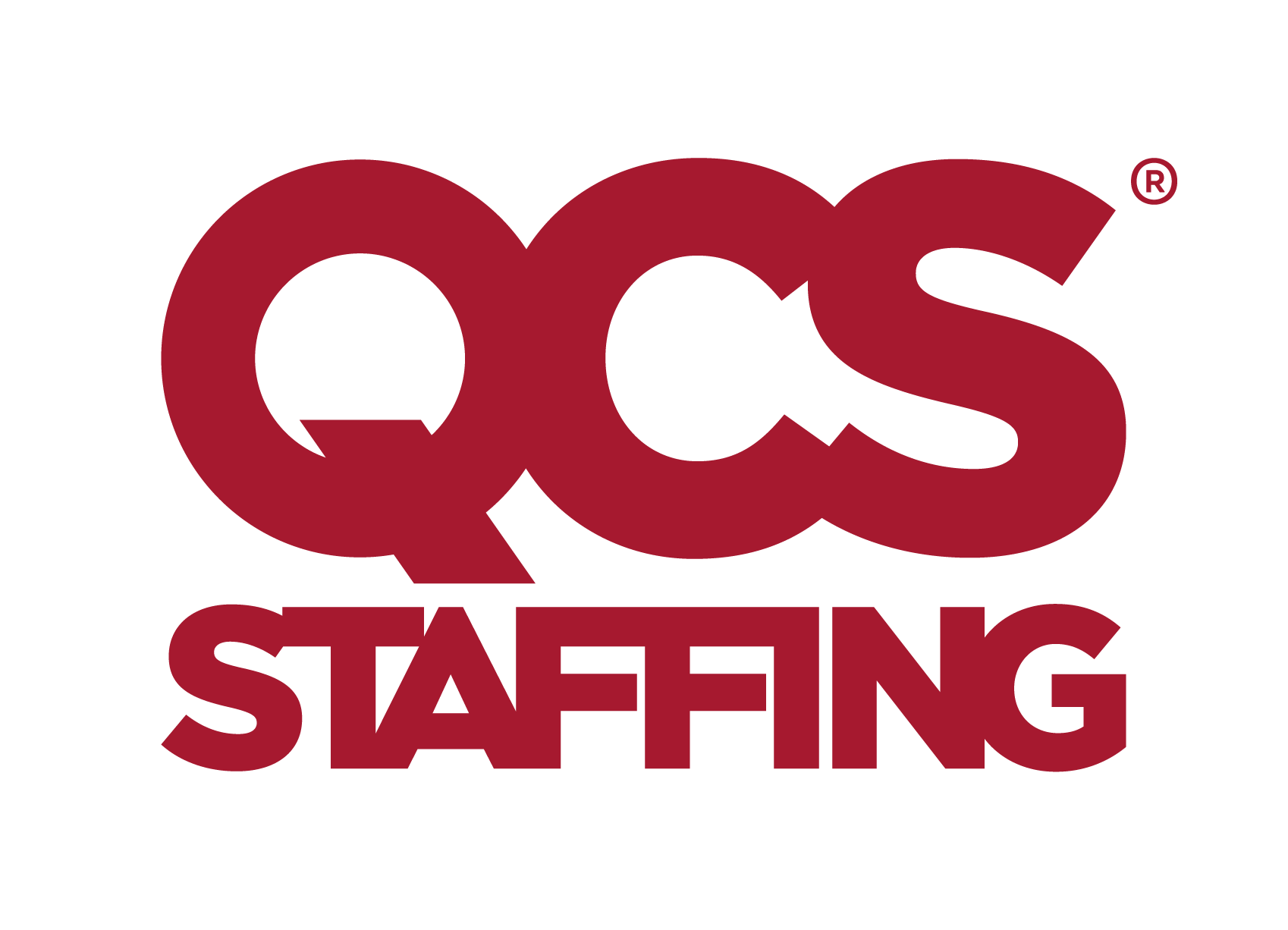Mastering the Journey to a Project Engineer | A Step-by-Step Guide
Do you want to be an engineer? More precisely, a project or project
engineer? These are positions that are essential in various industries, ranging
from pharmaceuticals down to manufacturing. See our similar guide: how to become a Project Engineer with API experience.
Understanding the Roles
Project engineers are involved in dealing with the entire management of complex projects right from the inception of an individual project to its completion. This would include planning, setting a schedule, budgeting, risk analysis. The aim is to deliver projects on time, within budget, and to the required quality standard.Why the Pharmaceutical Industry?
The pharmaceutical industry is an absolute powerhouse in the world. According to PhRMA, or Pharmaceutical Research and Manufacturers of America, the industry invests billions into research and development annually. Because of this never-ending innovation, qualified engineers come into great demand in new drug development and improvements in the manufacturing process for quality control.The Job Market Outlook
Prospects are very bright in the job market for engineers, especially in the pharmaceutical field. Continuous demand is anticipated for healthcare solutions as technology rapidly changes and the world's population ages rapidly. According to a 2023 report by McKinsey & Company, the contribution of engineering skills will be highly indispensable in meetingGlobal Health challenges.Key Skills and Qualifications
The main technical skills and qualifications which ensure success either as a Project Engineer are:Technical Skills:
- Engineering principles: thermodynamics, fluid mechanics, and heat transfer;
- Process simulation software: Aspen Plus and HYSYS;
- Project management software: Microsoft Project and Primavera; Data analysis and statistical procedures;
- CAD packages: AutoCAD and SolidWorks.
Soft Skills:
- Problem-solving and critical thinking;
- Effective communication and presentation skills;
- Teamwork and collaboration;
- Leadership and management skills;
- Attention to detail and accuracy.
Relevant Degree:
This
often means a bachelor's degree in either chemical, mechanical engineering, or
biomedical engineering. Further advanced degrees include a master's or a Ph.D.
that may further specialise in specific subcategories.
Gaining Practical Experience
There are internships and co-op programs available to get hands-on experience. Also, try working on real projects and finding working engineers that can give experience.Stay updated with trends and technologies going on in the industry. Certifications in particular software or methodologies can be added to your skill set to keep you updated.
- Networking: Conferences, online forums, professional organisations such as AIChE, SChemE.
- Rewards of a Career in Engineering: Engagement in a career in project engineering offers a wide range of rewards, including:
- Mental Challenge: The art of solving complex problems with creative solutions.
- Financial Reward: Competitive salaries and job security.
- International Opportunity: Working on projects often with international dimensions and collaborating with diverse teams.
- Positive Impact: Contributing to the development of life-saving drugs or pioneering green technologies.
Find a Project Engineering Job with QCS Staffing
Navigating the complexities of a career in project engineering
can be daunting. Partnering with a knowledgeable recruitment agency like QCS Staffing, can make a world of difference.
With new life sciences hubs appearing around the globe,
there are many exciting locations to take your project engineering career. At QCS Staffing, we understand the unique challenges and opportunities
within the pharmaceutical industry. We leverage our deep industry knowledge and
extensive network to connect you with the right jobs that match your skills and
aspirations. Submit your CV today and we will find the perfect role for you!





.png?v=6a62520a89101495e979dda069317018)
